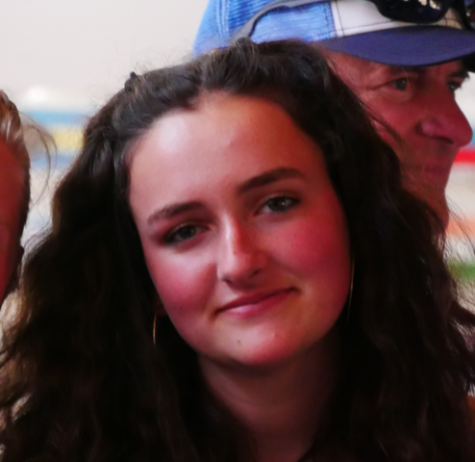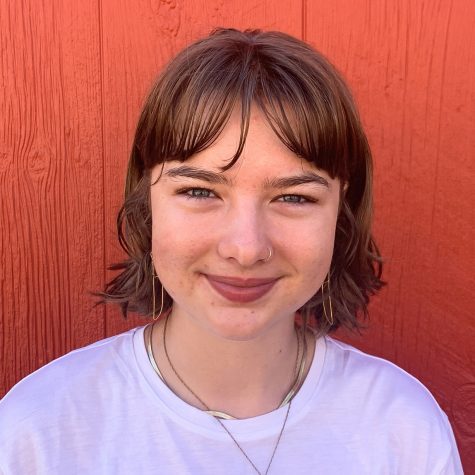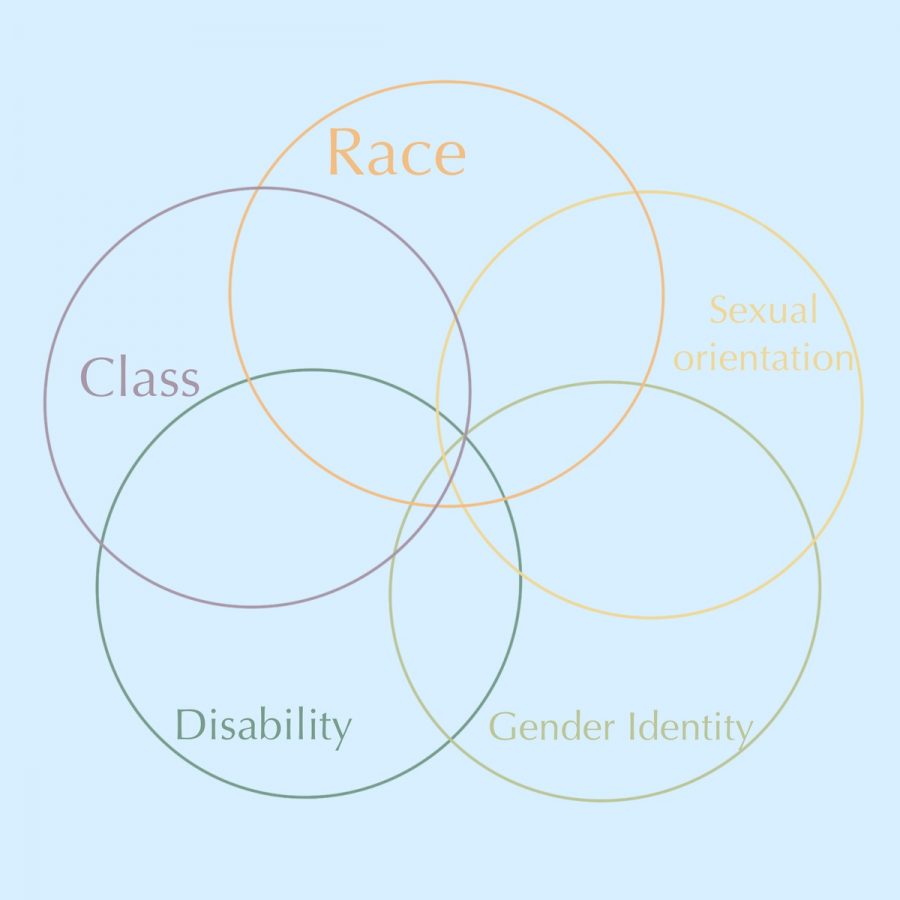What is “Intersectionality?”
Kimberlé Crenshaw coined the term intersectionality in 1989 as “the idea that when it comes to thinking about how inequalities persist, categories like gender, race and class are best understood as overlapping and mutually constitutive rather than isolated and distinct.”
Often when thinking about marginalization in any sense, we think about the discrimination and issues that different groups face as almost entirely separate from one another, but that’s not the case. Kimberlé Crenshaw coined the term intersectionality in 1989 as “the idea that when it comes to thinking about how inequalities persist, categories like gender, race and class are best understood as overlapping and mutually constitutive rather than isolated and distinct.” Though a relatively unheard of term 30 years ago, the idea has gained significant traction within activist circles in the last few decades. Although Crenshaw was not the first to discuss the intersections of different marginalized identities, she made the term palatable and easy to digest for the general public. A testament to Crenshaw’s legacy is that the term she coined is now in the Merriam Webster dictionary.
The term intersectionality has been met with a lot of backlash by those who believe that their worldview becomes challenged by the idea of it. Often the backlash comes from a seemingly purposeful misunderstanding of the idea being presented. Those who most loudly oppose the concept seem to think that promoting intersectional activism means wanting to “create a new world order” wherein black women replace white men at the top of the social hierarchy. In reality, the entire idea aims to dismantle the systems of hierarchy that place any one group at the “top.” There is a common theme in political and sociological discourse where the more conservative side of any discussion is arguing against points that were never made because of a lack of understanding of the most important terms being used in the discussion. It’s for that reason that we seek to give somewhat succinct explanations of these ideas for those who might not understand.
The reason that intersectionality is so important in modern activism is that for so long each group struggling for their liberation has been seen as separate. The gay rights movement was distinct from the black liberation movement which was different from the feminist liberation movement which was separate from class struggle. The truth of the matter is that all of those movements are inextricably intertwined. There are gay black people, black women and poor gay black women, and in a society that seeks to make many distinct groups in order to uphold a hierarchy that places white, straight, cis-gendered men at that top, there are going to be people who fall into a myriad of marginalized identities.
In bell hooks’ essay “Understanding Patriarchy” she describes the social and political systems that are the foundation of our nation’s politics as the “imperialist white-supremacist capitalist patriarchy.” This definition shows intersectionality from the side of the oppressor and it can help to understand how one might experience oppression and privilege because conditions of the two are not mutually exclusive.
For example, both the writers of this article are white women and as such benefit from white privilege while also being berated by societal misogyny. And while both authors fit into those two categories, we also have many other identities that are different from each other and that shape our existence. No one label can accurately describe anyone’s experience of life which is why the idea of intersectionality is so fundamentally important in discussions of identity.
Many people who critique intersectional dialogue do so because they believe that it plays too much into “identity politics.” That critique, however, is rooted in that same imperialist white-supremacist capitalist patriarchy that bell hooks defines because to have your politics not be informed by your identity just shows that your identity is not being questioned in politics. If you’re involved in politics in any way and don’t see your identity being discussed, it’s much easier to not see a link between your life experiences and your political opinions.
It’s so important to critically examine your own biases and experiences when talking about politics because regardless of whether you can easily see the link, it exists. Politics and identity will forever be intertwined as long as we live under the system of imperialist white-supremacist capitalist patriarchy. Actively engaging in conversations about this system is the first step to dismantling it. That engagement can even be as small as telling your friends and family members about the idea of intersectional activism.

Amaya Brooks is a senior this year at Boulder High and a new addition to The Owl’s staff. She recently took an interest in journalism and hopes to explore the world of reporting more deeply this year. She looks forward to the new opportunities, skills and ideas that working as a staff writer on The Owl will give her and is excited to watch how the publication will adapt to the new world of masks and social distancing. Although a very opinionated person, she has no strong preference for green or purple grapes. Her only condition in regards to the fruit is that they aren’t mushy. Beyond that, she can often be found writing in her journal, attempting a new skill (this summer it was skateboarding),...

Aurora is a senior at Boulder High School this year. She is very passionate about social and environmental justice issues and joined The Owl as a way to find a voice for that type of activism. She is very interested in journalism as a prospective career choice. Aurora hopes to bring new perspectives to the Boulder High community and help to start difficult conversations. Aurora is also a member of NAHS, and you can find her doing various forms of art such as pottery, drawing, and painting. In her free time, you can find Aurora in a thrift store buying even more clothing to add to her overflowing closets (she has 2), working at your local coffee shop, and skateboarding (mostly falling). As a creative...



Moses Markels • Dec 15, 2020 at 12:09 pm
This was a fantastic article! I had never heard of this word before, but it is very interesting to me. I really like how not only did you define intersectionality but you also delved into why it is important. I also thought it was interesting that you mentioned how there are differences between the experiences of anyone in any section, meaning, for example, a black man and a black woman experience similarities in terms of racial justice, but a black woman will oftentimes experience both racial injustices as well as gender-based injustices. This article really helped me understand some things that I never even thought of before and also opened my eyes to a word and idea that helps me make better sense of the world around me.
Kylie Angulo • Dec 14, 2020 at 5:34 pm
I thought that this was a really good article. I have heard the word “intersectionality” many times before, but I never knew what it really meant. This was a really good definition and you went into even more depth to describe the importance of intersectionality and why it is something we should understand today. I liked how you talked about intersectionality as being fundamental to understanding someone’s identity in today’s world because every person is having their own experiences and they are not confined to one group of people. Great article!
Austen McCarty • Dec 14, 2020 at 12:54 pm
This was a very well written article! The definitions were clear cut, which made everything very understandable. I also think you did a good job explaining how it is possible to have privilege in some respects but not in others. The explanation of why identities show up in politics was also well done. I’ve found myself in the position of trying (and, I’m pretty sure, failing) to explain that idea to someone before, so I’ll have to remember this explanation.
Annika Bjorklund • Dec 13, 2020 at 1:46 pm
This was a really interesting article that clarified the meaning of intersectionality for me. I thought it was really interesting hohw you mentioned labels and specifically labels assigned to the oppressor. We rarely see labels assigned to white men but we consider it remarkable when a black woman achieves something. I think this conversation is so important and recognizing that the experiences of a black man and a black woman are different because while they both experience racism, one also experiences misogyny. I also appreciated how you connected intersectionality, privilege, and biases back to politics. This article leaves me curious about how intersectionality plays into other industries like entertainment, sports, and business. Nice article!
Jonathan Wright • Dec 11, 2020 at 2:38 pm
I’ve heard the term intersectionality tossed around but never actually knew what it meant. Thanks for this clear explanation, and it’s hard to imagine that the concept would need to be explained. Of course, there are some whose lives are firmly encased within the bubble of the privileged (mine largely for one), but it’s clearly important to recognize how all of the identities that are used to marginalize people intersect and coalesce is very important. Thank you for pushing my thinking and understanding.